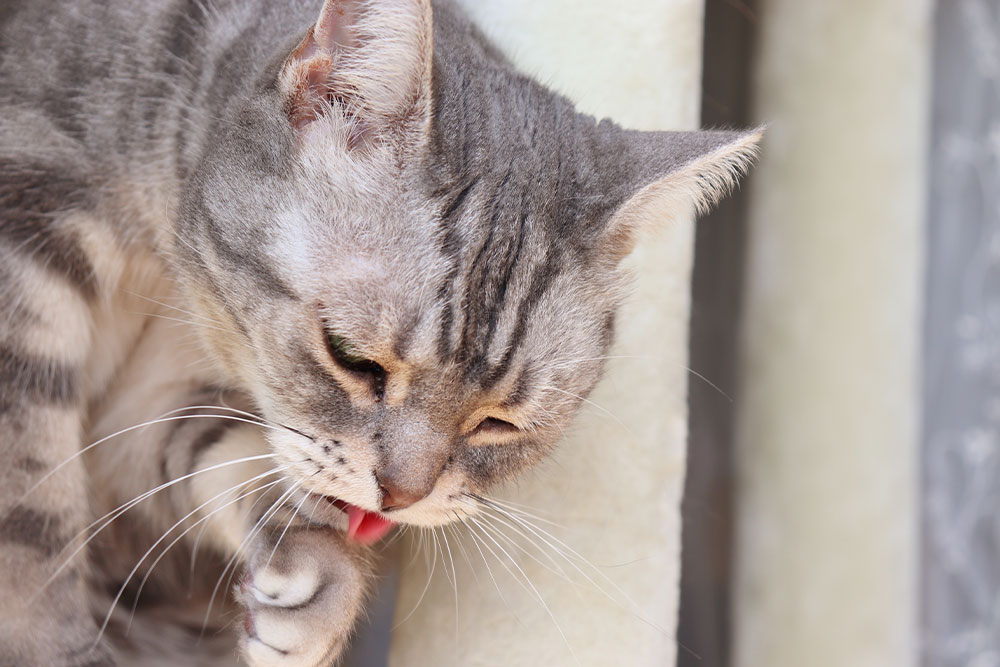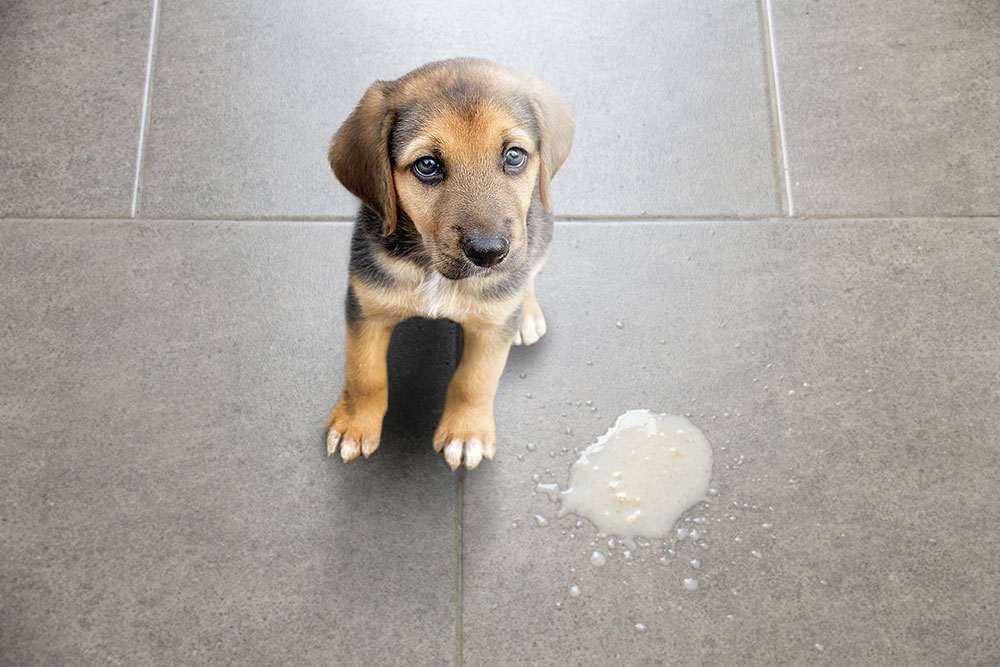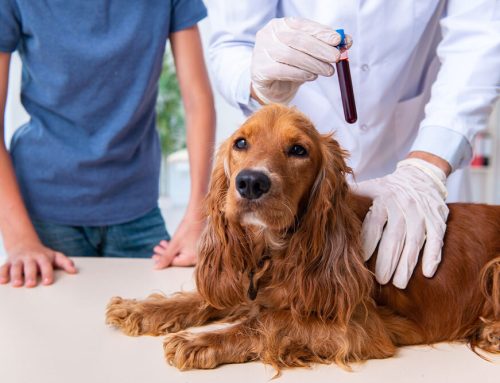Why Is My Pet Vomiting? Causes & When to Call the Vet
Vomiting in pets is a frequent issue that can stem from various causes, from minor dietary indiscretions to serious health conditions. As a pet owner, understanding why pets vomit is crucial for providing appropriate care. At Iris Veterinary Care, we aim to educate pet owners on managing minor vomiting at home and recognizing when professional help is necessary, ensuring your pet’s health and comfort.
Common Causes of Vomiting in Pets
Dietary Indiscretions in Dogs and Cats
Dietary indiscretion is one of the most common causes of vomiting in pets. Pets often explore their environment with their mouths, leading them to ingest inappropriate items. Sudden dietary changes or consuming spoiled food can also lead to stomach upset.
Symptoms of Dietary-Induced Vomiting
- Occasional vomiting
- Mild lethargy
- Temporary loss of appetite
However, persistent vomiting, diarrhea, or refusal to eat may indicate a more serious condition.
Read more at: What to Do If Your Dog Is Not Eating.
Health Conditions That Cause Vomiting
Various health issues, such as kidney disease, liver problems, or infections, can result in vomiting. Chronic diseases like kidney failure lead to toxin accumulation in the blood, causing nausea and vomiting.
Types of Vomit & What They Mean
- Yellow bile – Often seen in pets with an empty stomach or acid reflux.
- Undigested food – Could indicate delayed gastric emptying or overeating.
- Foamy white vomit – May be due to excess stomach acid.
- Blood-tinged vomit – Could signal ulcers, poisoning, or severe illness.
Learn more about the different types of cat vomit.
Diagnosis & Treatment:
Identifying the cause of vomiting involves:
- Physical examination and review of medical history
- Blood tests and imaging (X-rays, ultrasound) to detect underlying issues
- Treatment options, which may include anti-nausea medications, fluid therapy, and dietary changes
Medications and Toxins
Household items, medications, and toxic foods can cause severe vomiting and poisoning. Common toxins include:
- Chocolate (toxic to dogs and cats)
- Antifreeze (fatal if ingested)
- Grapes and raisins (cause kidney failure)
- Certain houseplants (such as lilies, which are highly toxic to cats)
Emergency Signs of Poisoning:
- Continuous vomiting
- Tremors or seizures
- Excessive drooling
- Weakness or collapse
What to do: Seek immediate veterinary care or Contact Pet Poison Control. Do not induce vomiting unless instructed by a vet.
When to Seek Veterinary Care
Recognizing Emergency Symptoms
Vomiting can sometimes indicate life-threatening conditions. Seek care immediately if any of the following occur:
- Repeated vomiting (more than twice in 24 hours)
- Blood in vomit or stool
- Severe lethargy or unresponsiveness
- Signs of abdominal pain (whining, restlessness, bloating)
Potential Consequences of Delaying Care:
- Gastric torsion (bloat) – Can cause shock and death within hours.
- Intestinal blockages – Requires emergency surgery.
- Pancreatitis – Can lead to severe pain and dehydration.
Learn more from Cornell- Diarrhea and digestive issues in pets.
At-Home Care for Vomiting
Initial Steps to Manage Vomiting at Home
- Withhold food for 4–6 hours to let the stomach settle.
- Offer small amounts of water to prevent dehydration.
- Reintroduce food slowly, starting with boiled chicken and rice in small portions, or other bland dog food. Your vet can make a recommendation.
Avoid the urge to offer your pet special treats or scraps to get them to eat. If their stomach is upset, new or rich foods will cause more problems.
Preventing Vomiting in Pets
Diet & Feeding Tips
- Stick to a consistent, high-quality diet and avoid sudden food changes.
- Prevent overeating by using slow-feeder bowls for pets that eat too fast.
- Avoid giving table scraps, especially fatty foods, which can cause pancreatitis.
FAQs About Pet Vomiting
Q: When should I call the vet if my pet vomits?
A: If vomiting lasts more than 24 hours, contains blood, or is accompanied by diarrhea or lethargy.
From Embrace Pet Insurance: More information on diarrhea in pets.
From Purina: More on cat diarrhea and treatments.
Q: Can stress cause vomiting in pets?
A: Yes, stress and anxiety can lead to vomiting, especially in cats. Providing a stable environment can help.
Q: Is vomiting always a sign of illness?
A: Occasional vomiting may be harmless, but frequent or persistent vomiting requires veterinary evaluation.
Expert Veterinary Care at Iris Veterinary Care
At Iris Veterinary Care, we provide expert diagnostics, treatment, and personalized care plans to address vomiting and other digestive issues.
- Same-day appointments available for urgent cases
- Advanced diagnostics, including bloodwork and imaging
- Compassionate, experienced veterinary team
Schedule an appointment today to ensure your pet’s health and well-being.








Leave A Comment